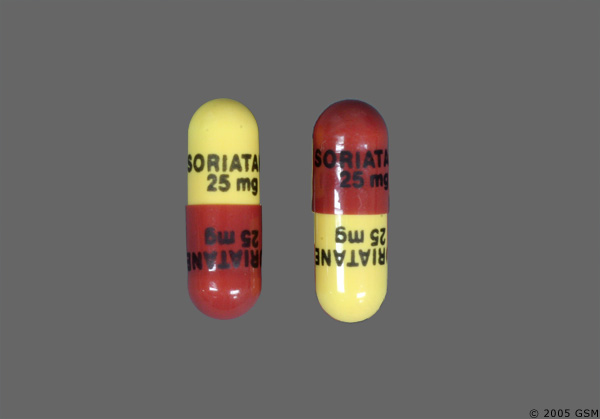
By Alexander Villafania, loQal.phFor Yahoo! Southeast Asia
MAKATI CITY, METRO MANILA – a low-cost, disease testing kit could be available in the Philippines in the next few years if a research and development (R&D) plan is established by several private and academic entities.
During a recent talk, Zoraida Aguilar, “Balik-Scientist” awardee and senior scientist for US-based nanotechnology firm Ocean NanoTech LLC, said the R&D project involves using nanotechnology particles to identify specific diseases in a single strip test kit, similar to commercially available pregnancy test kits.
The diseases will be identified through different colors. among the diseases that can be identified are dengue, malaria, cysto-psoriasis, tuberculosis, and even the human immune-deficiency virus (HIV).
Involved in the planned R&D project are the Research Institute for Tropical Medicine (RITM) of the Department of Health (DOH), which will provide materials and samples for testing; the Ateneo De Manila University (ADMU) for basic research on toxicity and quality control; pharmaceutical firm Unilab as the marketing arm.
Ocean NanoTech will provide the nanotechnology particles, which can target specific diseases in the strip test.
Incidentally, the head of ADMU’s School of Science and Engineering is Fabian Dayrit, who came up with a nanotechnology roadmap for the Philippines in 2009.
Aguilar said the Department of Science and Technology (DOST), which also spearheads the “Balik-Scientist” program, is also interested in funding the project.
Ocean NanoTech developed the “quantum dots” that are colored nanotechnology particles that can tag specific types of objects. One of its commercial uses is in cancer identification wherein cancer cells are “stained” to enable doctors to provide targeted treatment.
Aguilar said the creation of a strip test kit that can identify several diseases could be beneficial for a country like the Philippines that is still recording high numbers of death and morbidity from diseases that have been eradicated in other countries.
Aguilar was particular with dengue, diagnosed through traditional methods, which is still by looking at the external, early stage symptoms. there are no mechanical test methods for dengue.
Dengue, malaria, and tuberculosis are among the leading causes of death and morbidity in the Philippines, according to the 2010 census report of theNational Statistics Office (NSO). The report collated the reports from the DOH.
She stressed that such a kit will also cut down the waiting period for patients. Separate tests for each disease normally takes three hours to a day for results to come in while a strip test could give results within minutes.
“A kit like this will have major benefits for the Philippines. we can deploy doctors in remote areas and have them conduct early testing for possible diseases and respond immediately,” Aguilar said.
Likewise, a product like this could be sold abroad and could generate additional income for the Philippines. “We may have to work on how to market such a product abroad but for now, we should look at how it could benefit Filipinos.”
Aguilar said that they are currently at last few stages of coming up with an R&D plan. once arrangements are finalized, a product could be in the market in as fast as six months.
Aguilar, a chemistry graduate from the University of the Philippines Diliman, is advocating the establishment of a nanotechnology industry in the Philippines. This industry is worth at least $800 billion globally.
loQal.ph is a website owned and operated by Filquest Media Concepts, inc. it works under the principle of giving voice to the voiceless, empowering Filipinos and uplifting the image of the Philippines by highlighting its unique culture. To do this, the loQal.ph team produces stories, video, photos and other multimedia content types to inspire and celebrate Filipino achievements, ideas, products and places.